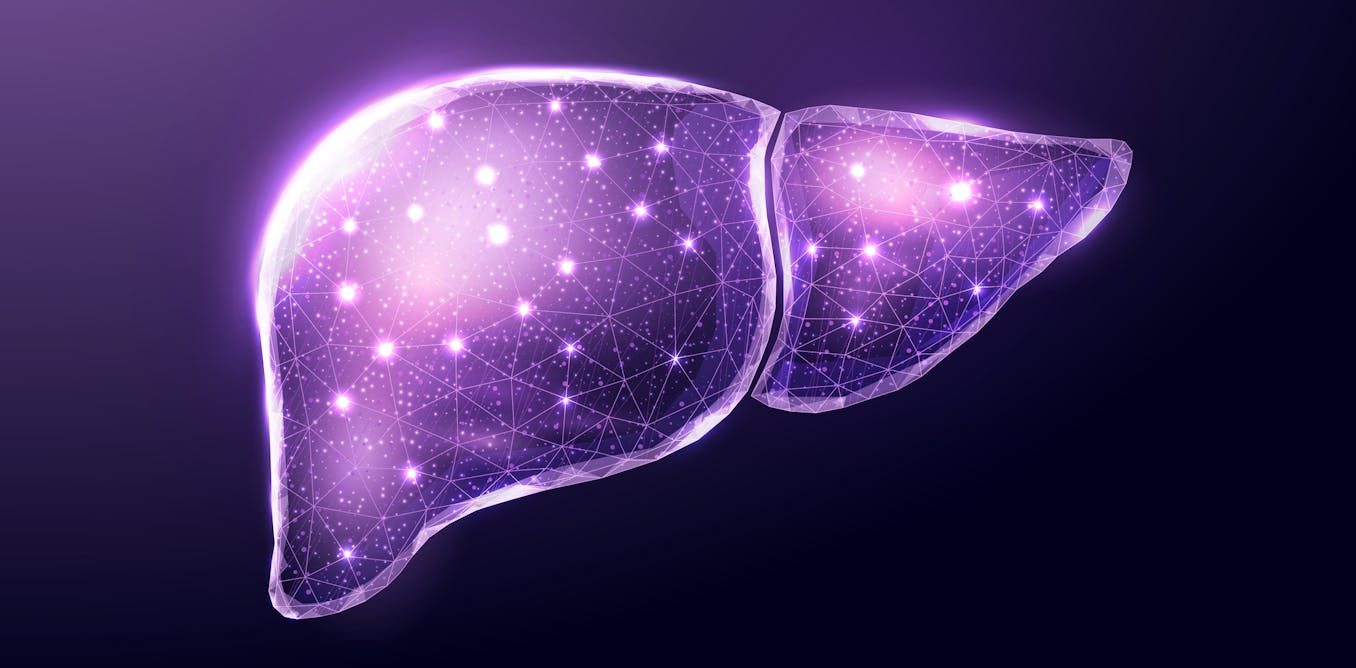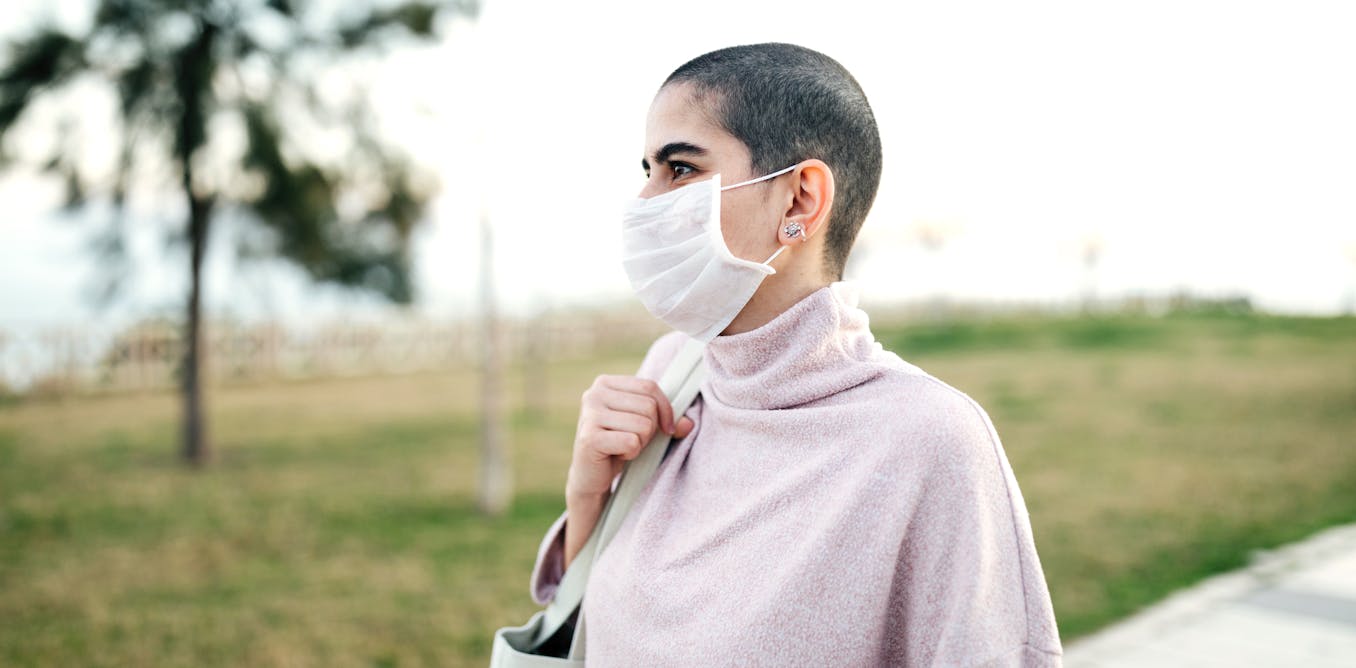Helping the liver regenerate itself could give patients with end-stage liver disease a treatment option besides waiting for a transplant
Liver transplant waitlists can range from 30 days to over five years. Developing treatments that spur liver regeneration could help reduce demand for scarce organs.
Oct. 14, 2022 • ~7 min




